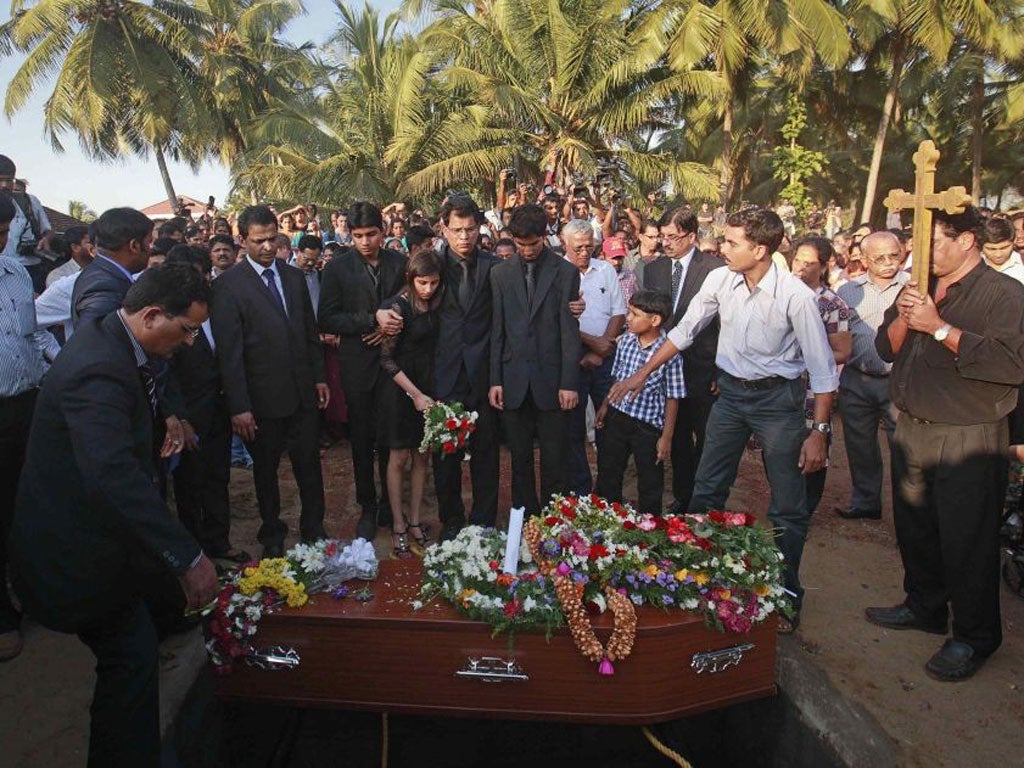Jacintha Saldanha: It's vital that grieving families have legal assistance in the Coroner's court
Families can be completely at sea without specialist help

Your support helps us to tell the story
From reproductive rights to climate change to Big Tech, The Independent is on the ground when the story is developing. Whether it's investigating the financials of Elon Musk's pro-Trump PAC or producing our latest documentary, 'The A Word', which shines a light on the American women fighting for reproductive rights, we know how important it is to parse out the facts from the messaging.
At such a critical moment in US history, we need reporters on the ground. Your donation allows us to keep sending journalists to speak to both sides of the story.
The Independent is trusted by Americans across the entire political spectrum. And unlike many other quality news outlets, we choose not to lock Americans out of our reporting and analysis with paywalls. We believe quality journalism should be available to everyone, paid for by those who can afford it.
Your support makes all the difference.A Coroner’s court is a very intimidating place for anyone. But a bereaved family is unique - they are grieving the sudden death of a loved one. It is unfair to expect a family to represent themselves, which would require them to ask questions of individuals who have, in some way or another, been involved in the death of a loved one, particularly where those other parties would usually be represented by experienced lawyers.
All too often following a death bereaved families struggle to find out what happened. For most families the inquest is the only independent forum in which questions can be asked, enabling them to understand the circumstances of the death. Unfortunately, there is huge variability with regard to the level of support coroners are willing to provide to bereaved families. If any issue of law or procedure arises, which they often do, particularly in a case such as this which is very high profile, the family would be completely at sea without specialist legal help.
Of course it can be said that since the nature of the proceedings is inquisitorial (not adversarial), the Coroner therefore fulfils the role of an advocate for the bereaved. But sadly this often is not the case; the reality can be very different – other interested parties will often seek to avoid criticism and will, themselves, have lawyers to assist that aim. This creates a complete inequality of arms. Depriving a family of representation in proceedings of such fundamental importance is not only a huge pressure, at what is usually one of the most upsetting times of a family’s life, but it also may exclude them from effectively participating in the inquest.
Charlotte Haworth Hird is a solicitor at Birdmans LLP
Join our commenting forum
Join thought-provoking conversations, follow other Independent readers and see their replies
Comments